Ignited
Interview with Ricardo Gutiérrez
Ignited is an occasional series that delivers on-the-ground communiques from the Latinx Theatre Commons’ (LTC) El Fuego initiative. El Fuego emerged from Carnaval 2015, a festival of new Latinx plays held at DePaul University in Chicago. Beginning this September, eighteen theater companies have committed to producing the work of Carnaval playwrights, in a series of productions that will run through 2020. In step with the LTC’s mission to champion equity through scholarship, the Fuego initiative has also matched new work with scholars of Latinx theatre and performance. Through Ignited, these critical witnesses offer reflections that both chronicle and critically position new Latinx theatremaking in the public discourse of US American theatre.
Mando Alvarado’s Parachute Men is the first play of this national initiative, which premiered at Chicago’s award-winning theatre company Teatro Vista, at the Victory Gardens Biograph, from September 16 through October 16, 2016. Founded in 1990, Teatro Vista has committed to producing full-scale Latinx-driven productions for over two decades, and has been recognized throughout Chicago with such honors as the League of Chicago Theatres’ Artistic Leadership Award.
Parachute Men follows three brothers who reunite at their childhood home in Texas on Christmas Eve. Eric (Salome Martínez), Andrew (Eddie Martínez), and Eli (Tommy Rivera-Vega) all “suck at being brothers, suck at love, and suck at being men.” Director Ricardo Gutiérrez, Artistic Director of Teatro Vista, talks about working with the playwright, the evolution of the script, and the messiness of the brothers’ struggle with machismo and family devotion.
These characters are raw, but I think everyone on that stage has a moral fiber, and they are struggling to find and release a voice that has been suppressed…we’re all struggling to find that voice, that true, true voice that we can express and release and share with the world.
Laura Lodewyck: Why did you choose to produce this show at Teatro Vista?
Ricardo Gutiérrez: Last year, during Carnaval, I was fortunate enough to select this particular play to direct, and it turned out to be a gem for me. Parachute Men really resonated with me, the brotherly relationships in particular. They are all trying to become men; they define what a man is, what a man’s responsibility is. They’re clumsy, and burdened with many issues. A lot of times in families, roles are defined and individuals aren’t totally comfortable in those roles. Consequently, there can be head butting, altercations, or out-and-out fights, like we have in Parachute Men. I very much enjoyed meeting Mando—we hit it off immediately. He’s very generous and open with his writing. He fiercely owns his writing, but he collaborates and makes the final decision about changes in the script. I also like the poetry in the script—Mando has a way with words that ring in the ear.
Laura: Which changes to the script do you feel like have really been significant to the process, with Mando being a part of this collaboration?
Ricardo: A lot of it has to do with the final moment in the play where there is a kind of “exorcism” in one of the brothers. But I wasn’t certain that this exorcism was clear, that it was earned, and that it was strong enough. So we backtracked and took a look at the arc of that particular brother. Mando’s rewrites did an excellent job of clarifying the storyline, piecing it together, and earning that final speech. A burden of family responsibility was placed on this brother’s shoulders at age nine, and he was never taught how to be a man, or how to own up to his responsibilities to his two younger brothers. He knows this, he fights this, and he denies it throughout the play. In the end, it’s on him to at least acknowledge that he was not successful in becoming a man. There were a number of changes in the script, but this was among the most significant.
Laura: Without giving too much away, that final scene of the play is a bit of a showdown between two of the brothers, and it turns physical. At one point during rehearsals, you commented that it was essential that the staging here showed Andrew’s face, because he had possibly the most important line of the play. Do you still feel that way? It’s the line where Andrew says, “I don’t understand what happened to us. You were my best friend growing up. What happened to us?”
Ricardo: That’s an interesting story. As you saw in rehearsal, two of the brothers wrestle—but this fight wasn’t always in the play. Mando brought the fight to the story, and it was refined after I told Mando a story about my brother and me. My brother had just started middle school, so I must have been around twelve, and we got into a fight. I don't know what it was about. We rarely, rarely, rarely fought. We started wrestling, and I somehow got the upper hand on him, and I had him in a headlock. And I started crying. I was crying because I was fighting with my best friend in the world, my brother, and I was not being respectful. I had him in a headlock, and I was squeezing and squeezing. And I’m crying, crying, crying because I didn’t want to be fighting. I wanted to be back in the days when we were riding our Schwinn bikes together and playing at the park together all day. When he went off to middle school, and I stayed in grade school, we drifted apart. Not with any dislike—it just happened. People drift in different ways.
I told Mando that story, and three or four days later we got a change that reflected the incident with my brother. “What happened to us? What happened to us? We used to do this, and do that.” Before last night’s preview I mentioned to Eddie Martinez, who plays the role of the middle brother, “In the middle of the fight you’re asking him to give an answer. Do not ask, demand! You need the answer in order to go on with your life.” Eddie took the note to heart, and it changed the dynamics of that speech. That’s the line that I was referencing. I don’t know if I’d nail it down to the most important line of the play, but it’s a key, key line. What happened to the brothers? Why did they split?
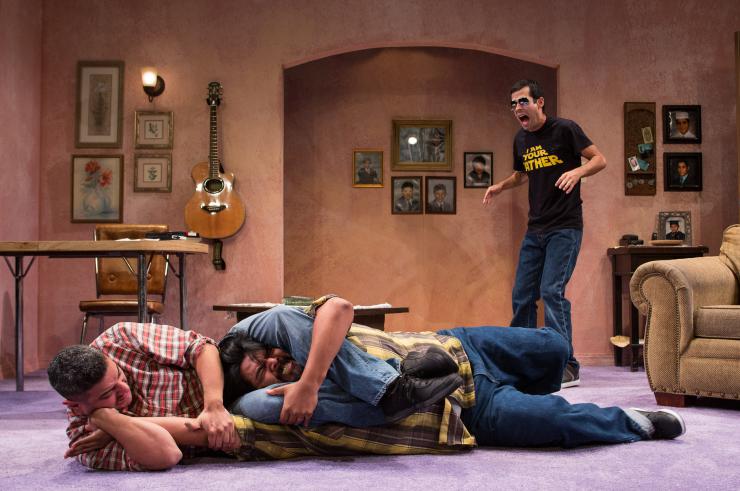
Laura: What do you hope overall is something that audiences take away from Parachute Men?
Ricardo: I hope that audiences empathize, recognize, and identify with the characters, and that the situations that the characters are in resonate with experiences that carry the same weight in their lives. I hope that they like the characters. These characters are raw, but I think everyone on that stage has a moral fiber, and they are struggling to find and release a voice that has been suppressed. Whether it’s abandonment issues, or the lack of a role model in your life, or other struggles like peer pressures or cliques bullying you—we’re all struggling to find that voice, that true, true voice that we can express and release and share with the world.

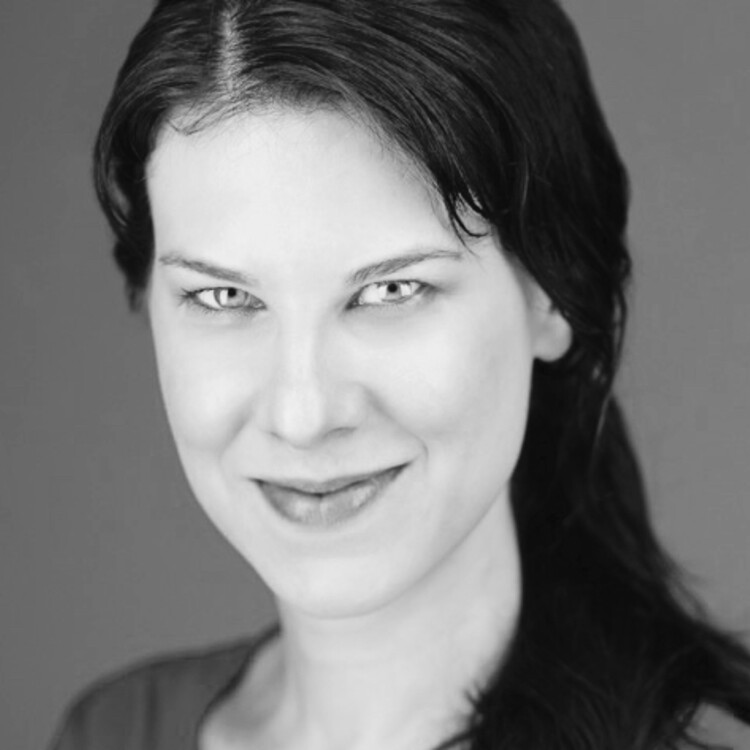
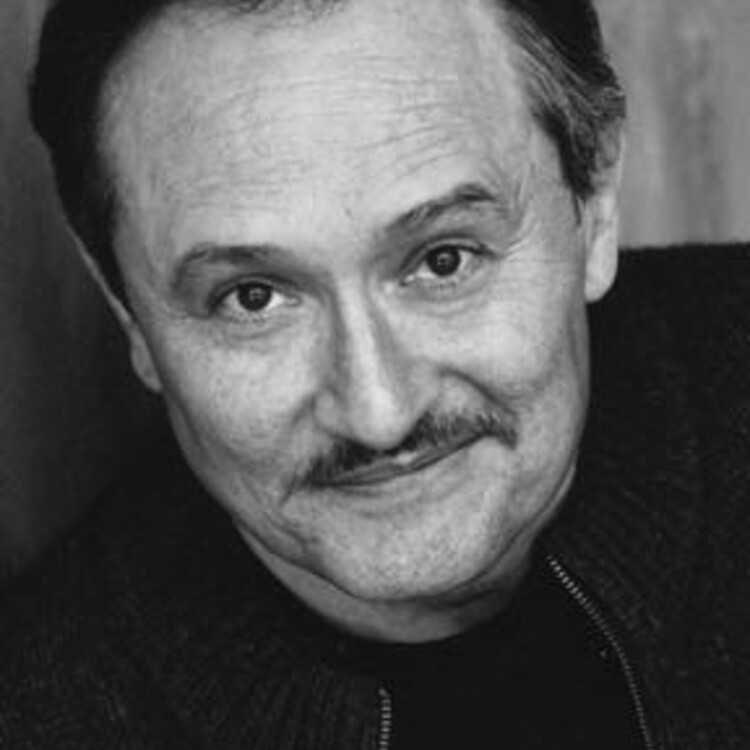
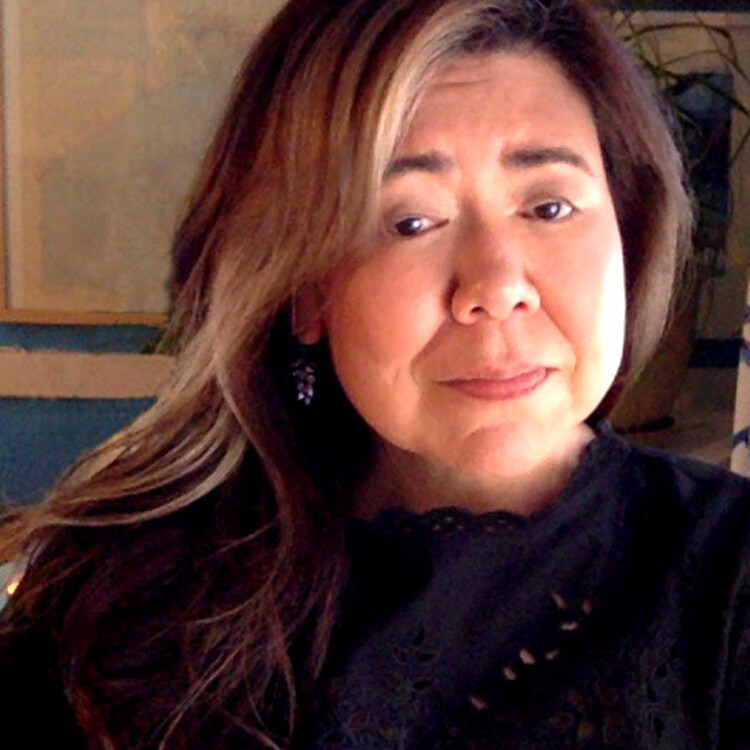
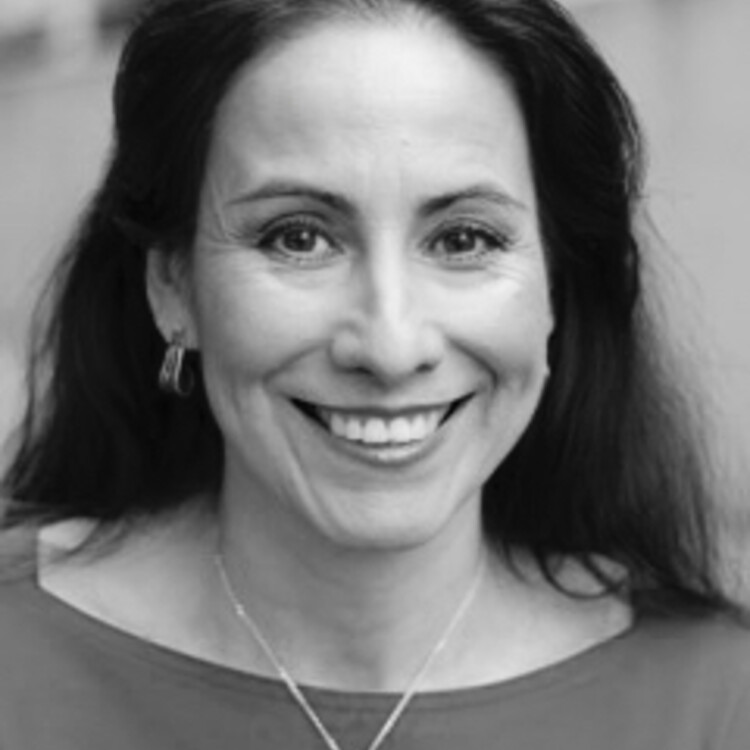
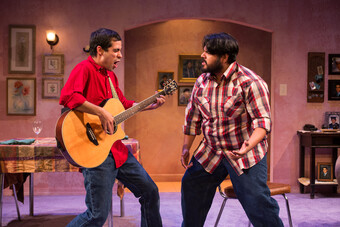


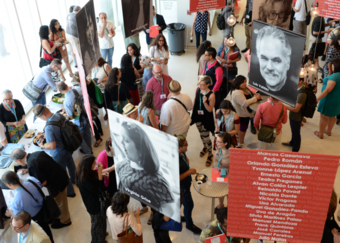


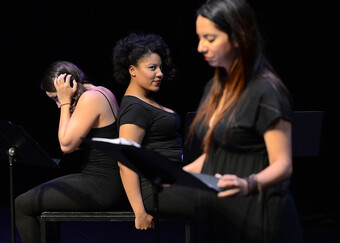

Comments
The article is just the start of the conversation—we want to know what you think about this subject, too! HowlRound is a space for knowledge-sharing, and we welcome spirited, thoughtful, and on-topic dialogue. Find our full comments policy here